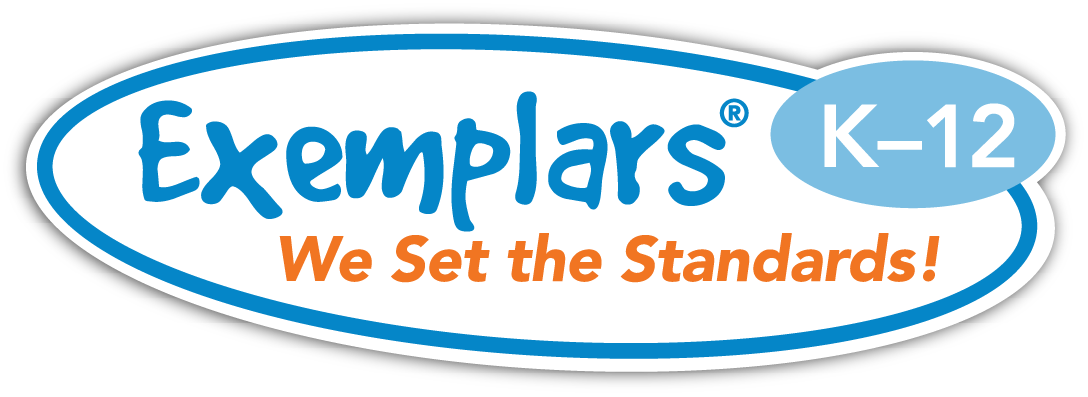10 Things Educators Love About Exemplars, Plus 1 Big Bonus

We asked a powerhouse teaching team to share their Exemplars experience. In an inspirational conversation, a panel of educators at Brooklyn's PS 12 offered ten amazing ways that using Exemplars has transformed their school.
1. It encourages students to be flexible and creative in their approach to solving problems. “My students love the freedom Exemplars tasks give them,” says Kimberly Naidu, a third-grade teacher. “They’re never forced to use a specific strategy. They can create one or use one they’ve learned before.”
2. It builds students’ math vocabulary. Aldine Finnikin-Charles, an experienced special education teacher, says, “My students are always using math nicknames,” says Aldine, “so the tasks that require them to use at least two math vocabulary terms really help them a lot.”
3. It helps students become capable peer and self-assessors. PS 12 teachers ask students to consider their own work alongside Exemplars anchor papers. “It really helps them get a good understanding of how to meet the standard,” says Kimberly. “They see exactly what needs to be done.”
4. It spurs students to demonstrate their understanding. They learn to communicate their ideas clearly and effectively. Plus, it’s fun, says Cherron Knight, who teaches grades 4 and 5: “Our students love showing their strategies. They can always argue, ‘Why did you use that strategy?’ They love that part, explaining what they think.”
5. It motivates students to make new mathematical connections. “When kids bring their work up to me, I say, ‘Go back and see what else you can do. What’s a different way of showing it?’ They find that enjoyable,” says Kimberly, “because they can always do it another way.”
6. It lets students practice a process for solving problems — so they can internalize it and apply it to every task. “That’s the greatest thing,” says Aldine, “the best thing for them. They are able to become reflective thinkers.”
7. It gives students a clear understanding of what kind of work meets the standards. Kimberly says, “They really want to become Experts,” and because of the Exemplars rubric, “they know exactly what needs to be done to achieve that level.”
8. It empowers students as peer and self-assessors. With what Principal Nyree Dixon calls “these amazing rubrics” that are at the heart of Problem Solving for the 21st Century, “they’re not waiting for the teacher,” she says. “They are not waiting for quote-unquote ‘authority.’ They are assessing their work themselves,” and experiencing the benefits.
9. It inspires students to grow as problem solvers — and as leaders, too. When kids solve Exemplars tasks in a problem-solving classroom, they become the experts. And they become skilled collaborators and advocates, Nyree says. “They’re learning to work together and disagree or agree,” she explains. “They’re learning to take a stance and defend their responses and answers.”
10. It helps educators establish a classroom culture of problem solving. In a lot of schools, this constitutes a major shift in thinking. “We went through growing pains. We still do,” Nyree says. “We have to keep our minds open and be willing and ready to learn.” And we’re there to help them every step of the way. After all, every teacher in every school should be able to say, as Nyree does, “We do not ever, ever, ever lower our expectations.”
The PS 12 team reported another benefit, too: Their students made a dramatic jump in math scores on standardized tests, an improvement they attribute to Exemplars — but more importantly, students made enormous strides forward as problem solvers.
“I think Exemplars did a really, really good job in helping the students to think critically about the math that they were learning,” says LaToya Garcia, Assistant Principal. “Exemplars really gave them the practice and support that they needed to be able to not only solve the problem but also to solve it using multiple strategies, critically think about how they could expand the problem, and explain their thinking in a precise way.”
Our thanks to the team at PS 12 for sharing their insights. We’re thrilled to be a part of your students’ success.

